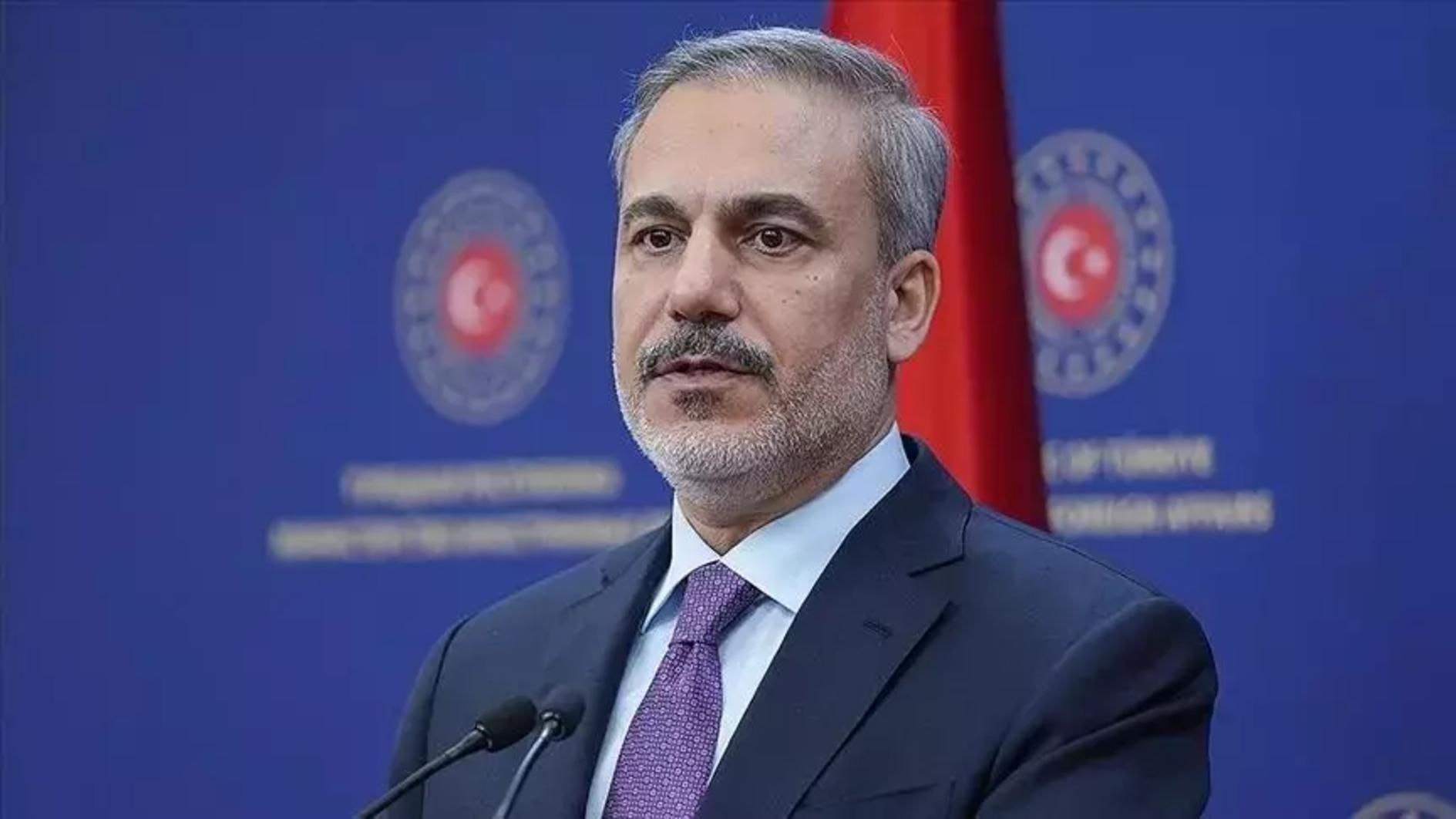Interest rate reduction expectations again
Tomorrow, the Central Bank’s Monetary Policy Committee (PPK) will hold its April meeting. The expectation of the markets is that no change will be made; however, there is a probability that the PPK will make a slight reduction in interest rates.
It is observed that the markets, in this environment where inflation rates have a high course, are concerned that the Central Bank will make a reduction in interest rates –the one it must not do, actually. The reason of the concern is the insistence of Prime Minister Recep Tayyip Erdoğan on an interest rate reduction.
Following his victory in the March 30 local elections, one of the first demands from Prime Minister Erdoğan was an interest rate reduction from the Central Bank. Erdoğan stated that stability has been protected with the outcome of the elections, saying, “The Central Bank should, just as it convened in an extraordinary meeting to increase the rates, also convene now in an extraordinary meeting to reduce rates.” After this statement, eyes turned to the Central Bank administration, but there was no decision for an extraordinary meeting.
The meeting to be held tomorrow is the routine April meeting. Central Bank Chair Erdem Başçı had already said at the beginning of this month that there was no need for an extraordinary meeting. It was known that Başçı did not favor a reduction, but he said, “The top limit of the interest rate band is too high; maybe something could be done at this point.” Başçı had said that the reduction should be slow.
It is now being questioned whether or not these words of Başçı, which were uttered to “find middle ground with the prime minister,” will transform into a decision for an interest rate reduction.
We know that especially foreign investors are awaiting this decision with curiosity because it was clearly seen that the prime minister’s demand for a reduction in interest rates has caused a panic among foreigners. In a meeting in London, which coincided with the PM’s reduction demand, Central Bank executives prevented the panic by telling foreign investors that they were not considering any reductions in interest rates.
When it is the politicians who decide…
Now, eyes have turned to the decision to be made in the meeting scheduled for tomorrow. I think, even though markets are not expecting it, there is a possibility that a restricted reduction may be made in the top limit of 12 percent. In the case that this reduction is made, it is a low possibility that markets would immediately react to that and foreign exchange rates would go upward rapidly.
The decision to reduce interest rates will actually have a symbolic meaning and will show that “the prime minister decides on interest rates.” Hence, even though there may not be important disruptions in the economy right after the decision, it should be said that the vision toward Turkey will seriously be damaged. It is clearly observed that an anti-Turkey stance is rising in the West due to troubles regarding freedoms of expression and assembly. Maybe an indication that it was the prime minister who determined the interest rates would not have been so effective previously, but now it should not be forgotten that there is a climate now when the West is much more sensitive toward Turkey.
If the perception that the PM determines interest rates becomes widespread, then the consequences may be severe; the political environment has crossed the point where mistakes can be tolerated.











